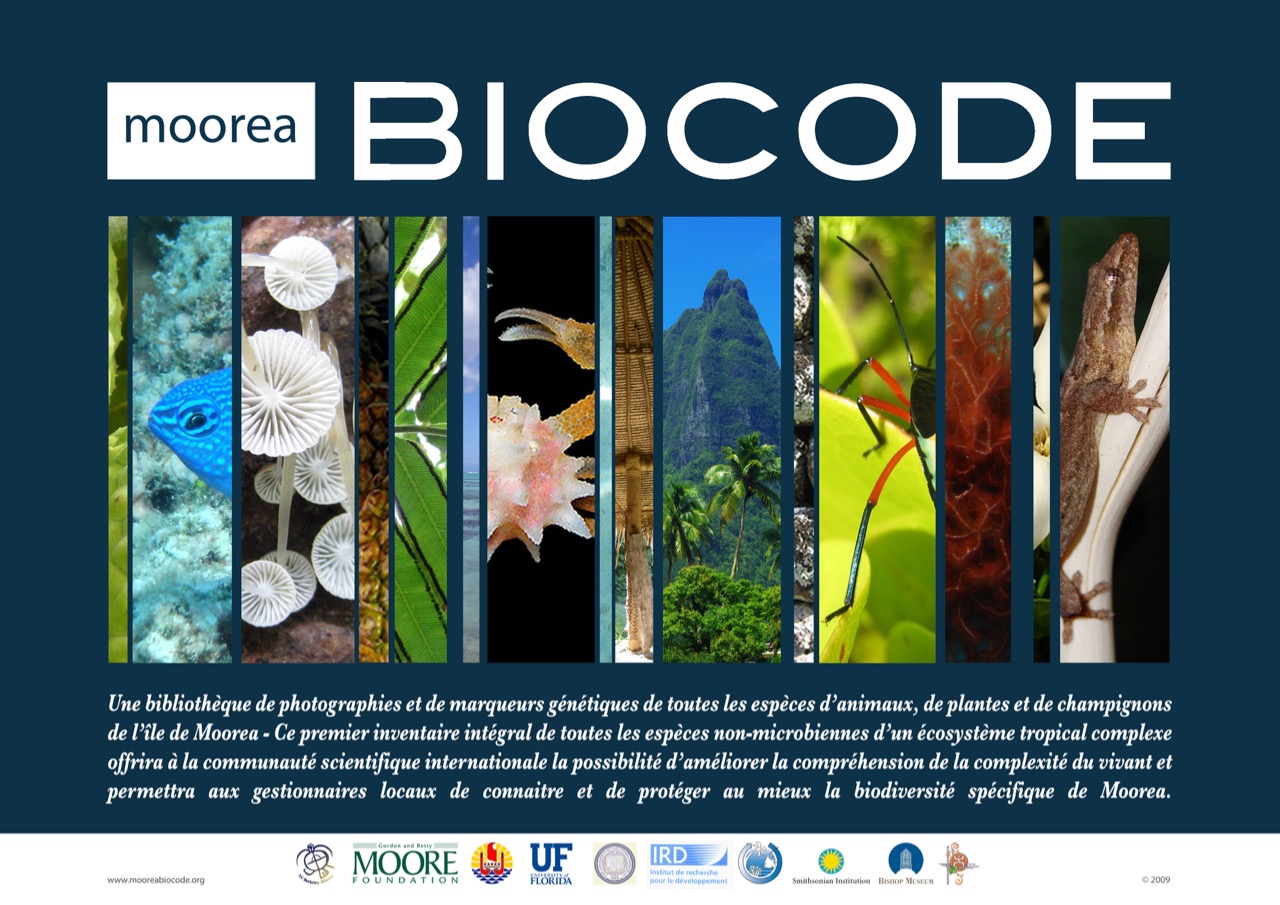Invasive arthropods on the island of Moorea, French Polynesia
All taxon surveys, biological control, DNA-barcoding, community impact, and the island Avatar
Speakers
Content navigation
Description

All taxon surveys, biological control, DNA-barcoding, community impact, and the island Avatar
Accelerated global change, especially as a result of changes in climate and land use threaten not only the biodiversity of islands, but also the fundamental ecological and evolutionary processes that created and maintain this diversity. Remote islands are especially impacted by global homogenization, especially the spread of invasive species. Addressing these issues and planning for a sustainable future requires a far better understanding of complex socio-ecological systems at local and national scales of management action.
Here, I describe projects on Moorea, French Polynesia:
- (a) to document the native and introduced biota (Moorea BioCode),
- (b) to use biocontrol to manage pests (such as, glassywinged sharpshooter, pissing fly), and
- (c) attempts to use DNA-barcoding to assess the impacts of invasive arthropods on biological communities in both relatively undisturbed and highly modified habitats.
I also outline a new multi-national collaboration, the Moorea Island Digital Ecosystem Avatar to incorporate observations, experiments, data, and theory across a coupled 3-D terrestrial-marine “ridge to reef” landscape to model how physical, chemical, biological, and social processes, interact to shape the island’s phenotype. The goal is to develop the place-based socio-ecological data science infrastructure and associated computational platform needed to support scenario-based planning.
Location
Waterhouse Lecture Theatre, CSIRO Black Mountain, Clunies Ross St. Canberra
